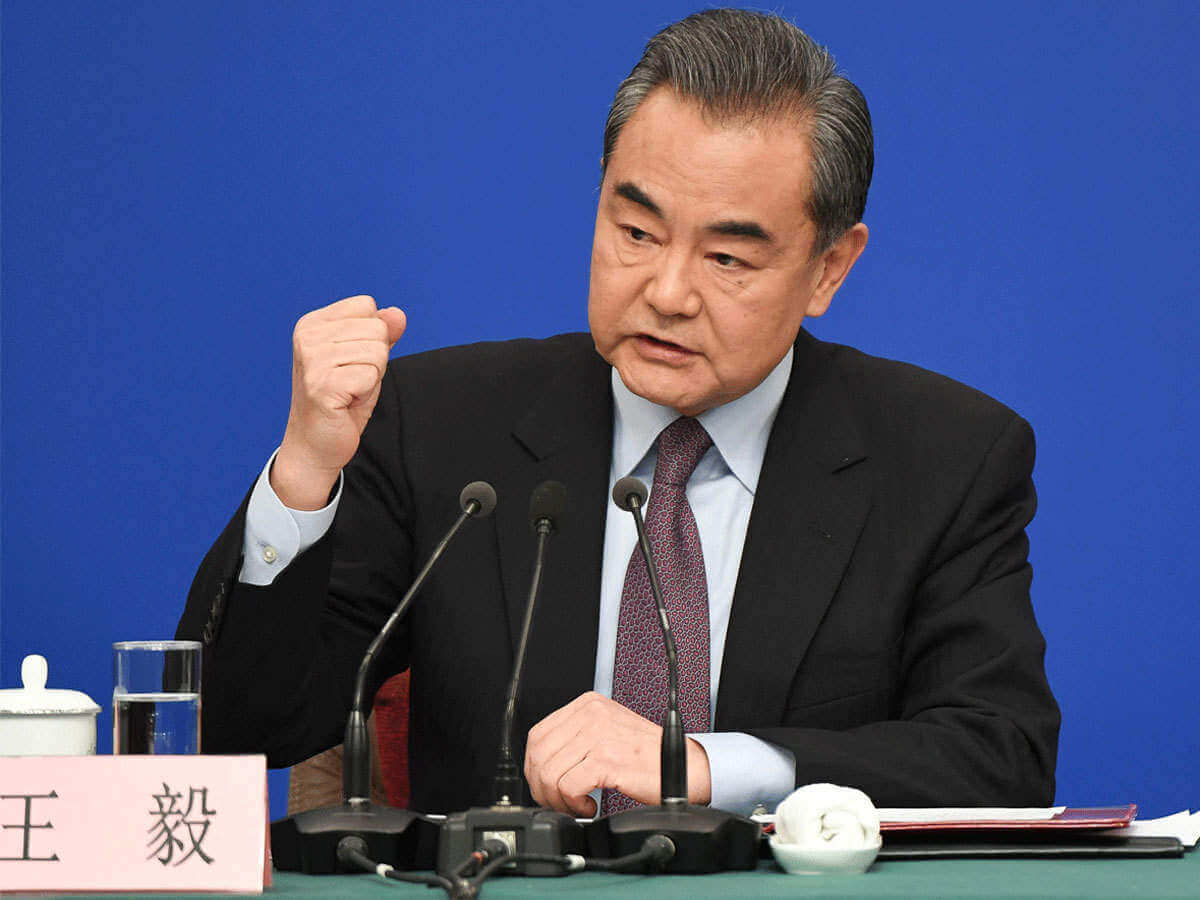Palestine
On Tuesday, Chinese State Councilor and Foreign Minister (FM) Wang Yi held a meeting with Palestinian Deputy Prime Minister Ziad Abu Amr.
Wang emphasised that China holds that “the most fundamental solution” to the Palestinian issue, which is “to return justice to the Palestinian people.” Wang said that the international community must uphold the “land for peace” principle, adhere to the “two-state solution,” and work towards “the early establishment of a fully sovereign, independent State of Palestine based on the 1967 borders with East Jerusalem as its capital.”
To achieve this, Wang offered three “urgent” steps:
- Enhancing the authority of the Palestinian National Authority so that it is authorised to exercise sovereign functions in security and finance and can gain effective control over autonomous and occupied territories.
- Supporting factions within Palestine for greater unity and internal reconciliation through consultation and dialogue, to come to a unified position.
- Encourage Palestine and Israel to resume peace talks based on the “two-state solution.”
Amr expressed appreciation for China’s “impartial stance” on the Palestinian issue. He assured that Palestine will continue to “firmly support” China in “safeguarding its legitimate rights and interests” and oppose international interference in its internal affairs.
Singapore
On Wednesday, Assistant Foreign Minister Wu Jianghao virtually held a meeting with Singapore’s Permanent Secretary of the Ministry of Trade and Industry, Gabriel Lim Meng Liang, under the China-Singapore bilateral cooperation mechanism.
Wu said that China-Singapore relations have remained “vibrant and resilient” despite the COVID-19 pandemic, as the two sides have coordinated their COVID-19 response, strengthened development cooperation through the Belt and Road Initiative (BRI) and the New International Land-Sea Trade Corridor, and focused on the digital economy and green development.
Gabriel Lim Meng Liang expressed appreciation for the Communist Party’s efforts to eradicate poverty and achieve “rapid social and economic development” over the past 40 years. He also said that Singapore looks forward to working with China to make this year’s meeting under the Singapore-China bilateral cooperation mechanism a success. The mechanism is the two countries’ highest-level platform to discuss cooperation.
Iran
On the same day, Wang Yi held a video meeting with Iranian Foreign Minister Hossein Amir-Abdollahian.
Wang noted that this year marks the 50th anniversary of the establishment of diplomatic ties between the two countries. He assured that China will work with Iran “to oppose all acts of unilateralism and bullying, and uphold the principle of non-interference in internal affairs.”
Wang also criticised the United States by saying that its upcoming “Summit for Democracy,” whose invitation list excludes China and Iran, aims to “instigate division in the world under the banner of democracy, incite bloc confrontation with ideological lines, and attempt to carry out American-style transformation of other sovereign countries to serve the strategic needs of the United States itself.” He warned that it “goes against the trend of the times and is doomed to have no future.”
Abdollahian thanked China for donating additional vaccines and condemned the politicisation of sports events, in light of the upcoming Beijing Olympic Winter Games, for which some Western nations, such as Australia and the United States, are considering a diplomatic boycott.
The diplomats also exchanged views on the situation in Afghanistan and agreed to strengthen coordination by jointly promoting the Third Meeting of Foreign Ministers of Neighboring Countries of Afghanistan in 2022.

